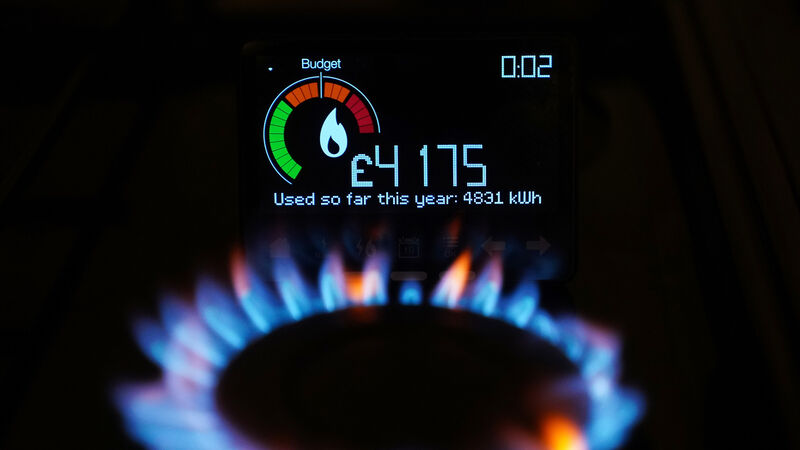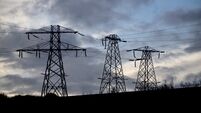Regulator: No evidence energy firms failing to pass on sharp falls in wholesale gas prices

The Commission for Regulation of Utilities (CRU) — the regulator of firms generating and supplying electricity and gas — said there is no evidence at this stage that energy companies are failing to pass on dramatic declines in wholesale gas prices to users.
It comes after some business leaders and politicians have said they are impatient that large price cuts in wholesale gas on the continent and in Britain are not yet being matched by large falls in the bills paid by business and households.














